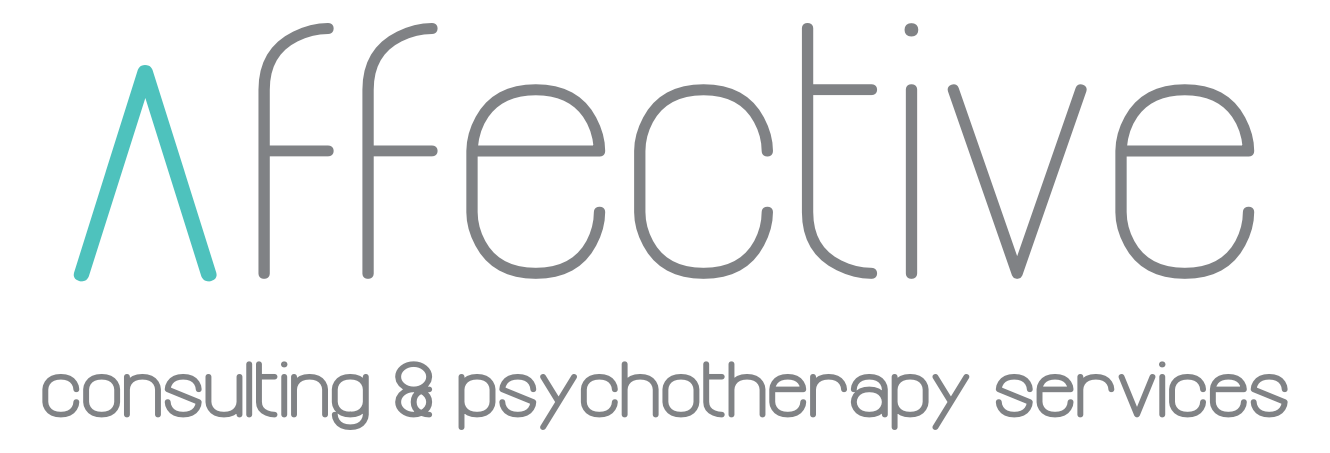Organizational AssessmeNT
Our approach blends a psychodynamic understanding of organizational dynamics with ethnographic research to create a holistic and culturally sensitive strategy for promoting EDI and mental health within the organization. It acknowledges the importance of addressing unconscious dynamics while respecting all staff and stakeholders' lived experiences and identities. The following outline is a transparent template of our methods and outputs.
Initial Assessment and Contracting
Begin with an initial meeting to get a sense of the organization’s goals and needs.
Establish a consulting contract that outlines objectives, scope, and timelines.
Data Collection and Analysis
Gather qualitative and quantitative data related to (a) Equity, Diversity, Inclusion, (b) Well-being and belonging, and (c) Support Needs for Managers.
Analyze data to identify patterns, conflicts, and issues
Integrate insights into data analysis, examining how reported, observed and unconscious dynamics manifest within the organization.
Psychodynamic Inquiry
Conduct individual and group interviews with key stakeholders, including staff, managers and leadership.
Utilize psychodynamic inquiry to explore unconscious dynamics within the organization, such as hidden biases, power struggles, and resistance to change.
Explore the impact of personal histories and experiences on individuals' perceptions and behaviours within the organization.
Ethnographic Exploration
Conduct participant observation while facilitating workshops and attending meetings.
Interact with staff to gain insights into daily operations and challenges.
Collect qualitative data through field notes, interviews, and surveys.
Where possible, immerse consultants within the organization to observe and understand its culture, dynamics, and practices.
Identifying Key Issues
Collaborate with stakeholders to identify key issues and areas for improvement.
Consider how unconscious dynamics uncovered through psychodynamic inquiry may contribute to these issues.
Recommendations and Intervention
Develop tailored recommendations addressing identified issues, incorporating psychodynamic and ethnographic insights.
Suggest strategies for improving EDI practices, mental health training and support, and addressing unconscious biases and power dynamics.
Create an action plan with clear objectives, timelines, and responsibilities.
Implementation and Support
Collaborate closely with the organization’s leadership to implement recommended changes and interventions.
Provide training and workshops to raise awareness about unconscious biases, promote inclusivity, and enhance mental health support.
Offer ongoing support, coaching, and monitoring to ensure the successful integration of changes.
Evaluation and Feedback
Continuously assess the impact of interventions through data collection and feedback mechanisms.
Adjust strategies as needed based on feedback and changing organizational dynamics.
Celebrate successes and acknowledge challenges as part of a continuous improvement process.
